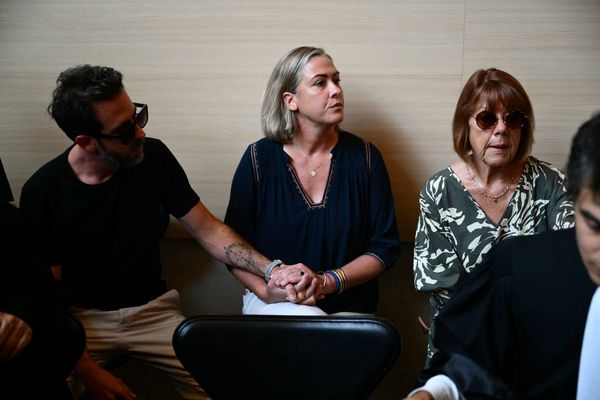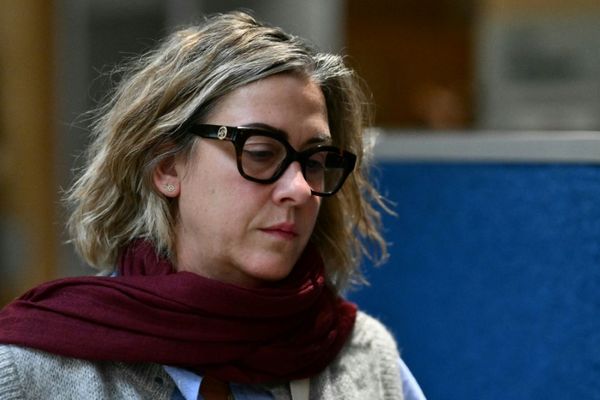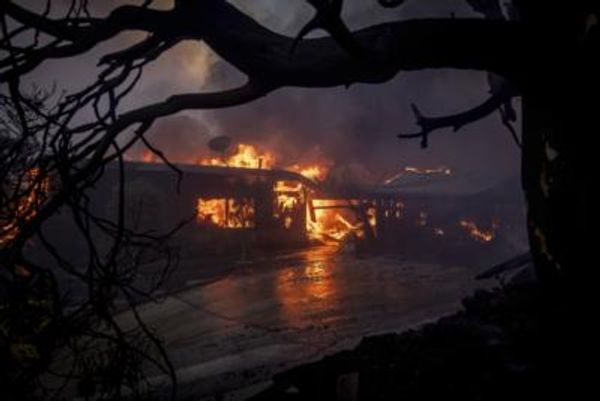
In March, during the virtual 46th session of the United Nations Human Rights Council (HRC) in Geneva, the body’s members put forward a resolution calling on the Office of the U.N. High Commissioner for Human Rights (OHCHR) to “collect, consolidate, analyse and preserve information and evidence” pertaining to human rights violations in Sri Lanka. This will include alleged war crimes committed during the island nation’s long-running civil war, from 1983 to 2009, and subsequent violations against Tamil and Muslim minorities.
The concerns and aspirations expressed in the resolution reiterate issues the OHCHR flagged in January. That report recommended targeted sanctions and travel bans against alleged war criminals, although the HRC resolution does not go this far. With 22 countries supporting the resolution, 11 opposing it, and 14 abstaining, the Sri Lankan foreign minister in particular is spinning the outcome as a victory, given that a majority opposed the resolution or abstained. In fact, though, the resolution will still potentially enable the international community to prosecute individuals if it claims jurisdiction.
Sri Lanka’s previous government had sought to forestall such attempts by co-sponsoring Resolution 30/1 in 2015. This measure had called on the country to promote ethnic reconciliation and accountability by installing an office of missing persons, an office for reparations, a truth and reconciliation commission, and a war crimes court that included international and local judges, prosecutors, and investigators. It was clear that the military, nationalist politicians, and Buddhist clergy would especially oppose the latter, but even the Office on Missing Persons and Office for Reparations were instituted belatedly and only because the government had to show some progress when appearing before the HRC.
When dealing with alleged war crimes and other human rights violations, the Sri Lankan government has consistently resorted to denial and stalling. For instance, when the nearly three-decade ethnic conflict ended, then-President Mahinda Rajapaksa told Parliament that the island’s armed forces waged war “carrying a gun in one hand, the Human Rights Charter in the other.” All concerned knew this was a blatant lie. While the Tamil separatists perpetrated multiple acts of terrorism and human rights abuses, so had Sri Lanka’s military personnel who had been given leeway to do so and abetted by leading politicians, as evidenced by gruesome video footage captured and released by the British television network Channel 4 and a U.S. Embassy cable sent out just after the war that bluntly stated that “responsibility for many of the alleged crimes rests with the country’s senior civilian and military leadership, including President Rajapaksa and his brothers.” Today, Mahinda Rajapaksa is the country’s prime minister, while his brother Gotabaya Rajapaksa, who was defense secretary during the war, is the island’s president.
Mainly due to international pressure, the Mahinda Rajapaksa government set up a Lessons Learnt and Reconciliation Commission in 2010. Its report was strong on reconciliation and pointedly weak on accountability. Indeed, it absolved the military and solely accused the separatist Tamil Tigers of human rights violations. The government failed to follow through on the commission’s noncontroversial recommendations promoting reconciliation, and the report fell by the wayside.
Leading up to this HRC session, the Gotabaya Rajapaksa government appointed a commission of inquiry to look into the findings and recommendations of previous commissions of inquiry, which the 2010 commission had already highlighted. This most recent ploy further substantiates the OHCHR’s claim that Sri Lanka is incapable of creating domestic mechanisms to investigate human rights violations and, absent international involvement, the victims’ families will never achieve closure.
Besides lying and stalling, Gotabaya Rajapaksa and his radical nationalist supporters have shown a cavalier disregard for human rights. Not only did the government withdraw from co-sponsorship of Resolution 30/1 in February 2020, but a month later, the president pardoned a soldier convicted of slitting the throats of eight Tamil civilians, including four children. This case represented a rare instance in which Sri Lankan courts had even tried to hold military personnel guilty for killing Tamil civilians. In December 2020, two months before the HRC began meeting, the president promoted the army chief and the defense secretary (who is a retired military officer) to the rank of general. Both men are accused of committing war crimes, with the United States banning the army chief and his family from entering the country due to the accusations.
Other instances of the government’s flagrant disregard for human rights abound. It adamantly refused to permit Muslims to bury their dead who died from COVID-19. This despite the World Health Organization stating that the burial of coronavirus victims could be safely carried out and unceasing pleas from the island’s Muslims and international community. Thanks to the Islamophobia whipped up by the Rajapaksa camp, most Muslims voted to oust Mahinda Rajapaksa in the 2015 presidential elections and also voted against Gotabaya Rajapaksa when he ran for president in 2019. His mandatory cremation policy surrounding COVID-19 deaths seemed geared to torment an opposing constituency. The government did change its stance just before the HRC session, once more pointing to how it only bends under international pressure. The change in policy may have helped prod predominantly Muslim Pakistan, Bangladesh, and Uzbekistan to vote against the most recent U.N. resolution and also given cover for other, mainly Muslim states to abstain.
The HRC resolution is also an indictment of creeping authoritarianism and Sinhalese ethnic triumphalism. Since becoming president in November 2019, Gotabaya Rajapaksa has remilitarized the island beyond what it experienced under his brother. Today, at least 28 retired or serving military and intelligence personnel play leading roles hitherto superintended by civilian authorities even as more than 30 government establishments have been placed under the Defence Ministry. The army chief—not a professional medical official—was appointed as head of the COVID-19 task force, and a major general now operates as the coordinating officer overseeing coronavirus operations in each of the island’s 25 districts.
Such militarization aside, surveillance and harassment of journalists and media officials have increased since Gotabaya Rajapaksa became president. And the government seems bent on colonizing lands in the Northern and Eastern provinces, where Tamils and Muslims outnumber Sinhalese Buddhists. It is telling that the hypernationalist public security minister saw fit to announce a ban on women wearing the burqa and niqab and a crackdown on madrassas even as the government sought support against the resolution from predominantly Muslim countries. Besides diplomatic incompetence and an absence of coordinated strategy, such missteps also highlight the majoritarian mindset pervading the island’s regime. Given this set of circumstances, it is more than apparent that, left to its own devices, Sri Lanka’s government will undertake no efforts to address the cruel legacies of the civil war. That is why the HRC and other global human rights organizations cannot let the issues slide.







